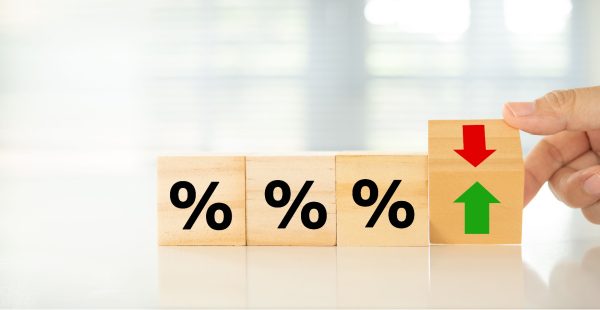How Omicron spooked institutional investors

Anyone who doubted the Omicron variant of the Corona virus had spooked investors need only look at latest State Street Global Markets Investor Confidence index (ICI) to understand just how uncertain institutional investors became as they closed out 2021.
Simply put, the ICI for December set a new record decreasing by 25.9 points to 85.7 – its largest monthly decline in history.
According to senior macro strategy at State Street Global Markets, Marvin Low “investor sentiment soured notably at the end of the year with the Global ICI registering its largest monthly decline in the history of the index”.
“The sudden emergence of Omicron and the hawkish pivot from the Fed drove some of most volatile swings in the equity markets all year,” he said. “Sentiment in Europe was the weakest, with many EU countries again implementing travel and mobility restrictions, while North America registered its seventh biggest monthly decline.”
However Low noted that despite weakening sentiment, other equity indices were ending the year near their all-time highs, as recent signs emerge that Omicron is less virulent than previous variants.
“Positive Investor sentiment will nonetheless be challenged by tightening financial conditions, high inflation and fiscal headwinds as we start 2022,” he said.
The Global Investor Confidence Index decreased to 85.6, a significant drop of 25.9 points from November’s revised reading of 111.5. European ICI drove the decline, plunging 27.8 points to 67.6. North American and Asian ICIs were also down double digits, with the North American ICI falling 14.0 points to 96.4, and Asian ICI falling 12.4 points to 95.2.
The Investor Confidence Index was developed at State Street Associates, State Street Global Markets’s research and advisory services business, in partnership with FDO Partners. It measures investor confidence or risk appetite quantitatively by analysing the actual buying and selling patterns of institutional investors.
The index assigns a precise meaning to changes in investor risk appetite: the greater the percentage allocation to equities, the higher risk appetite or confidence. A reading of 100 is neutral; it is the level at which investors are neither increasing nor decreasing their long-term allocations to risky assets. The index differs from survey-based measures in that it is based on the actual trades, as opposed to opinions, of institutional investors.












Just wind them up please so the rest of the financial planning industry can move forward without an albatross around…
Compare the pair.
I have clients who have been told to produce evidence they are with cbus or else they can't work on…
Unionist were appointed to the Reserve Bank Board as some sort of pay off. You missed where the Wayne Swan…
It concerns me that only months ago the Government was considering giving Union based Industry Funds the power to advise…